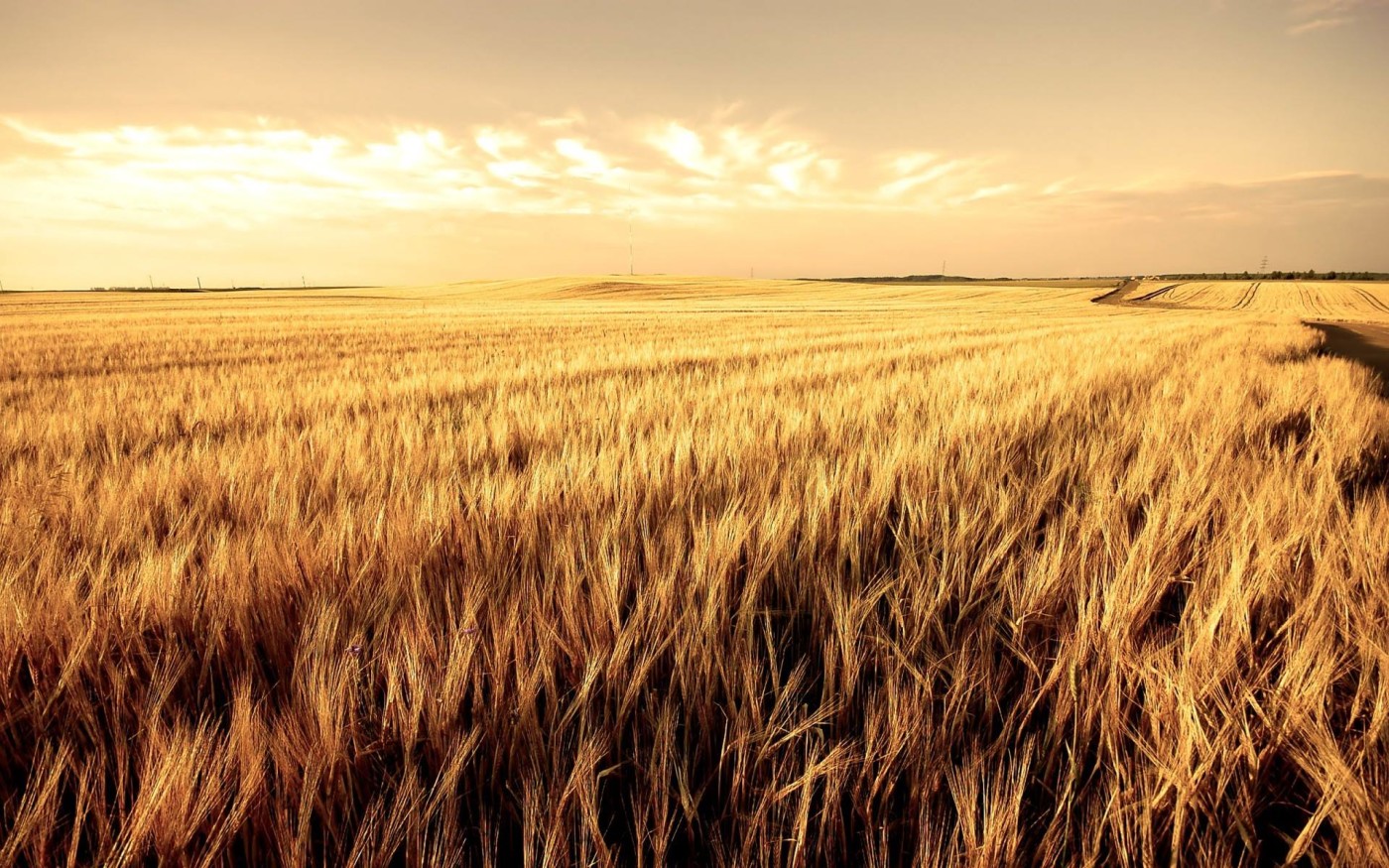What does “Certified Organic” mean?
On PEI, “certified organic” means food grown on a farm according to specific organic practices as defined by the Canadian Organic Standards and regulated nationally by the Canadian Food Inspection Agency (CFIA). Each farm is inspected annually by a qualified third party inspector an each inspected farm is issued a certificate.
General principles of organic production
Principle of health – Organic agriculture should sustain and enhance the health of soil, plants, animals, humans, and the planet as one and indivisible.
Principle of ecology – Organic agriculture should be based on living ecological systems and cycles with them, emulate them and help sustain them.
Principle of fairness – Organic agriculture should build on relationships that ensure fairness to the common environment and life opportunities.
Principle of rare – Organic agriculture should be managed in a precautionary and responsible manner to protect the health and well being of current and future generations and the environment.
Prohibited Substances, Materials, or Techniques
- All products oh and materials from genetic engineering (GE)
- All products, materials or processes intentionally using nanotechnology
- Irradiation
- Soil amendments, that aren’t certified organic
- Sewage sludge
- Synthetic crop production aids and materials
- Synthetic growth regulators
- Cloned livestock
- Synthetic allopathic veterinary drugs, including antibiotics and parasiticides
- Synthetic substances
- Equipment, harvest, and storage containers, storage facilities and packaging materials treated with synthetic fungicides, preservatives, fumigants, and pesticides
- For a complete guide to organics and its standards in Canada please visit the Government of Canada’s Organic Agriculture page.
